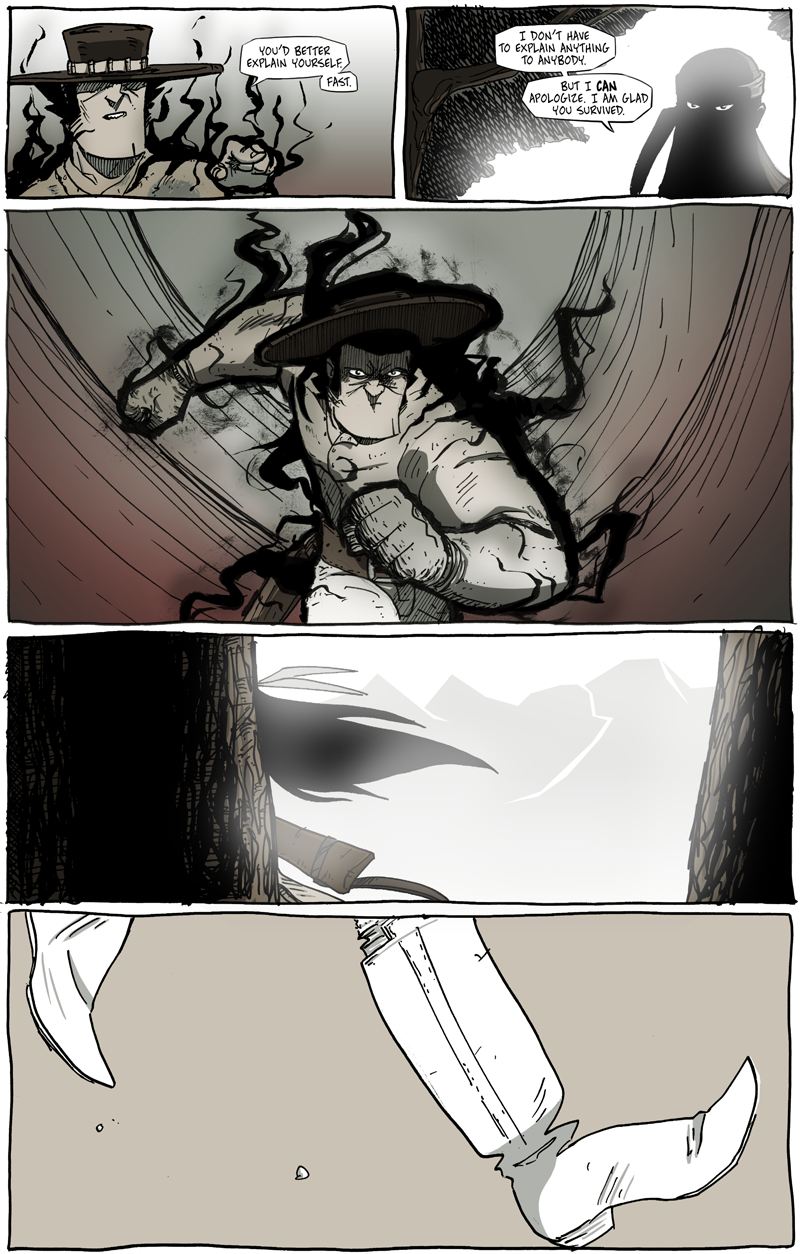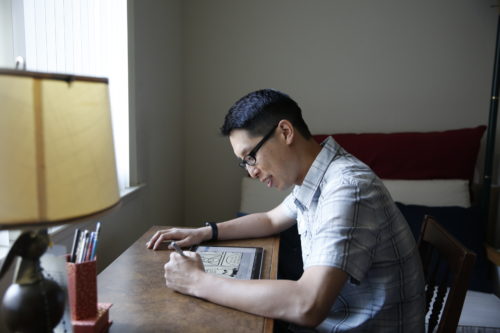Wrong Answer
I’m going to be a bit facetious and say I’ve never understood the term “genius.” I learned pretty quickly that intelligence is relative and that “genius” follows that form. The way I’ve tried to understand the word is less based on traditional scholastic measurements, but is more about how someone can connect the world at large to big and new ideas. It’s not hard to be smart, but a special intelligence is needed to make other people care about things they previously didn’t care about. It’s things that unite, even if unintentionally, that are truly inspiring and worthy of the word, “genius.”
A lot of assumptions are made about comics and graphic novels. At least in the American market, all comics are usually conflated into being a synonym for “superheroes.” That’s for good reason, if only for the cultural dominance of superheroes right now. However, the comics market in America is rapidly growing in all directions. With the popularity of young adult (YA) fiction, it only makes sense that YA graphic novels are also on the rise. One of the people that has made that indentation is cartoonist Gene Luen Yang, who first came to prominence with his amazing graphic novel, American Born Chinese. Since then, nearly every comic he has produced (graphic novel or otherwise) has received considerable acclaim, to the point the DC Comics reached out to him to write a new Superman book which has been called, New Super-Man.
The John D. & Catherine T. MacArthur Foundation supplies generous grants every year to creative and productive people. Because of the very selective process––and the work generated by those awarded––this grant has been colloquially named “the Genius Grant,” as if with its award came a signed certificate that confirms, officially, that “you are a genius.” The nickname is silly, but it has stuck.
This year, Gene Luen Yang has been awarded the grant along with twenty-two other recipients that range from playwrights to computer scientists, from microbiologists to a graphic novelist. This is big news because such outward recognition of the medium is rather rare; the only other cartoonists to receive the grant was Alison Bechdel in 2014 and the first was Ben Katchor in 2000. Even the MacArthur foundation recognized this limited representation of the medium, citing Yang’s qualifications as partly being for “confirming comics’ place as an important and creative force within literature, art, and education” (Yang is also a teacher as well as a video podcaster).
I haven’t read much of Yang’s work––at this point, only American Born Chinese––but I have been impressed with the ethic that got him to this point.
He makes comics.
I don’t mean to compare myself to Yang, a cartoonist who will contribute––in terms of content and cultural contributions––more than I can ever hope to do, but it is comforting to see someone get a huge recognition like this from simply keeping his head down and doing good work. From that alone he has earned publishing deals, awards, and even a genius grant. He did this by making good work, not by pandering to the existing comics culture or solidifying his personal “brand.” He just made work and the world found him when it was ready. And he keeps working. This doesn’t happen to many people, though they (we? I?) try. I’m glad that something as prestigious as the MacArthur Foundation recognized such hard work as well, but I have a feeling that with or without this award, Yang would be at his desk writing and drawing, doing the best he can do.




Discussion ¬